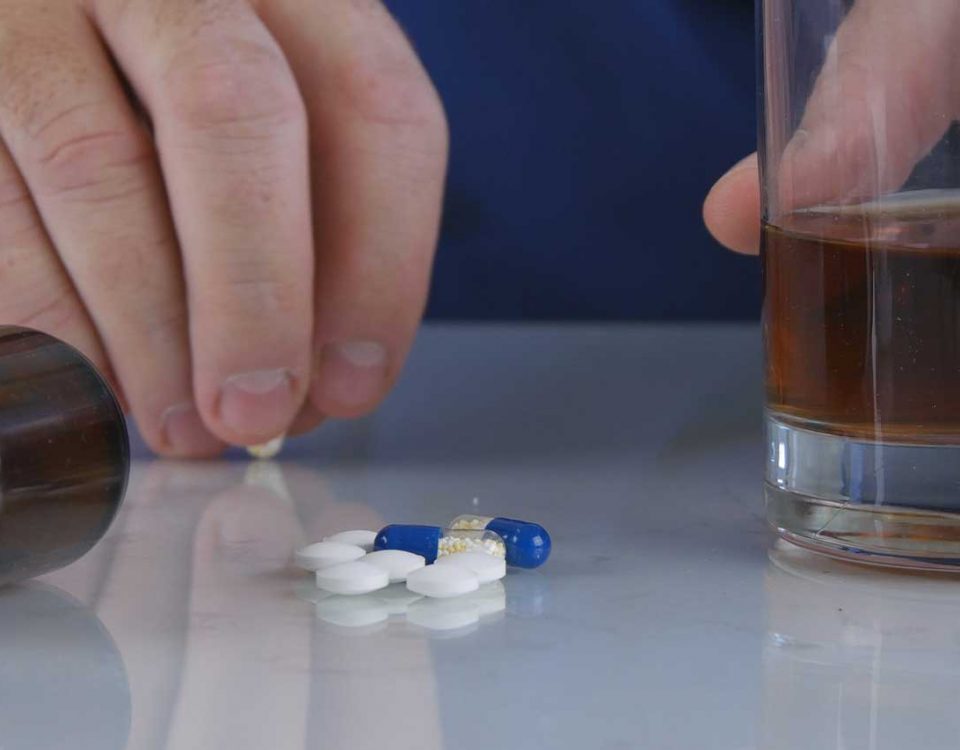Prescription drug abuse has hit an all-time high.
Since the opioid epidemic began in the United States, nearly 450,000 people have lost their lives to opioid overdoses. Because opioids are so commonly prescribed, opioid abuse can affect people of varying ages, from adolescents to older adults. As a drug and alcohol treatment center in Stuart, we wanted to share how opioid abuse causes hyperalgesia and increases the risk of additional health problems.
What Is Hyperalgesia?
Hyperalgesia is an increased sensitivity to pain that can result from suffering a severe injury or from opioid abuse. People with opioid addictions tend to develop this condition because they take prescription painkillers at high doses and frequencies. There are two forms of hyperalgesia – primary and secondary. Primary hyperalgesia develops at the location of the injury; secondary hyperalgesia occurs when the pain spreads to uninjured areas of the body.
If you or someone you know is taking opioids or other prescription painkillers, you should look out for these three main symptoms of hyperalgesia:
- Slowly developing increased sensitivity to pain
- Increase in pain you feel from external provocations (like someone poking you)
- Spread of pain to uninjured areas of the body
When a person develops an intense sensitivity to pain because of prescription painkillers, this is referred to as opioid-induced hyperalgesia. Especially because the opioid epidemic has worsened amidst the COVID-19 pandemic, opioid-induced hyperalgesia has become an additional concern. Those who are showing signs of hyperalgesia should get help right away. Opioid addicts who don’t undergo an opiate detox are at risk of developing opioid hyperalgesia among the many other effects drug abuse can have on the body.
Why Do Opioids Cause Hyperalgesia?
You can develop hyperalgesia from opioids because of their potency and intense effects on brain function. Opioids work by attaching themselves to opioid receptors in the brain. When they attach themselves, opioids block signals of pain and produce feelings of pleasure and euphoria. These side effects are what make opioids so addicting. Opioids also affect nociceptors in the body, which are sensory receptors that read pain.
How opioid abuse causes hyperalgesia also has a lot to do with the dose and the frequency at which the person uses these drugs. A person who’s developed a tolerance to opioid side effects may begin taking more pills more frequently in order to experience the same pain relief or pleasure. This pattern can eventually result in addiction. This overabundance of opioids can also disrupt the way the brain reads pain, causing hyperalgesia. Banyan Detox Stuart recommends our residential addiction treatment to those who are struggling with opioid addictions and are unable to quit on their own.
More people are battling an opioid addiction than we think. If you or a loved one are one of these people, call us today at 888-280-2360 to learn more about our levels of care and how we can help you achieve sobriety.
Related Reading:
The Aftereffects of Substance Abuse
Walmart, CVS, Walgreens, and Other Drug Stores Are Being Sued for Opioid Distribution
Sources:









